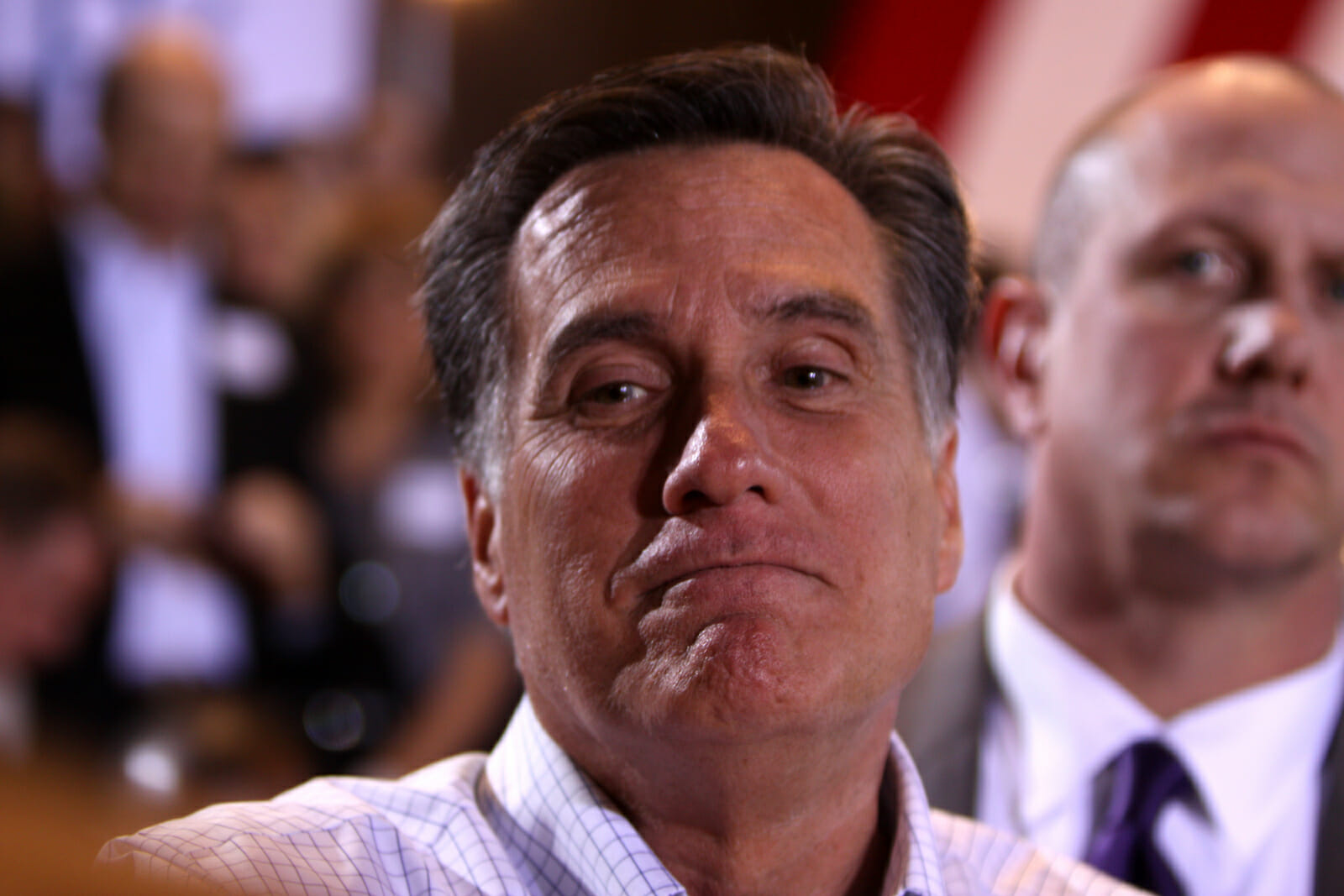
Politics
Romney’s Contribution to the Unrest in the Middle East
Among the things that are consistent about Mitt Romney are the chameleon-like nature of his political character, his incessant pandering to the small-minded among his political constituency, his frequent flip-flopping on major policy issues throughout the course of his political career, and his ability to say the wrong thing at the wrong time.
None of this would serve him well as president in a country as divided along ideological lines as the United States of America today, but even less so in a world convulsing with political change and yearning for thoughtful leadership. Mr. Romney’s reaction to the terrible events in Benghazi provide good insight into what may be expected of a Romney presidency.
A Romney supporter may be inclined to justify his ill-advised response to the tragedy to the fever pitch of the political campaign, but this is further evidence — as if any were needed — that Mr. Romney has a tendency to speak without thinking much about the consequences of his actions.
His trip over the summer to the UK, Israel and Poland provided ample indication of Mr. Romney’s ability to put his foot in his mouth with allies. Benghazi has demonstrated that Mr. Romney has the ability to further inflame already volatile situations abroad, and little comprehension of the nuance required to conduct foreign affairs.
In his statement following the death of Ambassador Stephens and three other Consulate officials, Romney demonstrated a complete lack of sensitivity to the underlying reasons for the attacks on the Consulate in Benghazi and the Embassy in Cairo, stating: “… We will defend our constitutional right of speech, assembly and religion.” He chose to assume a pompous and condescending tone, defending the right of a hateful and small-minded Florida preacher to make inflammatory comments about Islam, regardless of the consequences. His comments were interpreted by some Muslims as saying that American citizens will say or do whatever they want — even if it means inciting violence in distant places that most Americans couldn’t even place on a map — and the rest of the world had better learn to accept it.
This is highly indicative of the kind of approach Mr. Romney would take to foreign policy if he became president — based on a superiority complex, combined with willful ignorance of other countries, religions and cultures. We saw just how far this kind of approach got the U.S. under the George W. Bush Administration; Mr. Romney is being advised by 17 of Mr. Bush’s former foreign policy advisers. I expect Mr. Romney would take this a step further if he were elected president by elevating pomposity to a new level, swiftly destroying any good will made by the U.S. in the Arab world over the past two years. Thus far in his candidacy, Mr. Romney has successfully offended China, Russia, the UK, and now much of the Arab world. Imagine what America’s reputation around the world will look like after four years of Mitt Romney.
It is a sad state of affairs that Mr. Romney chooses to pander to the minority among his constituency that, like him, fail to grasp the larger issues at stake, which ultimately places the U.S. in an even more difficult position than it is already in with respect to foreign policy in the Muslim world. He equated President Obama’s attempt to calm the situation with a failure to criticize the attacks in Benghazi and Cairo, which are of course not true. But in the process, he appealed to those among his supporters who are so poorly educated in world affairs that they wouldn’t know the difference. That is what the U.S. political process has descended to — a competition between sensibility and spitefulness, common sense and hatemongering, in an attempt to reach the finish line successfully. What Mr. Romney is doing with the help of his advisers is embracing demagoguery, which is not the quality of someone who should be president of the U.S.
If this is the approach Mr. Romney chooses to take as a candidate, what may he be capable of as president? This is a question all Americans should consider when they enter the voting booth in November.
Mr. Romney has thus far offended our closest ally (the UK), on what should have been an uneventful visit to the Olympics, raised tension with China and Russia, and has now told the Muslim world there is no limit to what Americans may say or do in the defense of freedom of speech. I’m all for defending freedom of speech and the rights afforded Americans in our Constitution, but I’m not in favor of hatemongering or promoting stupidity at any cost.
